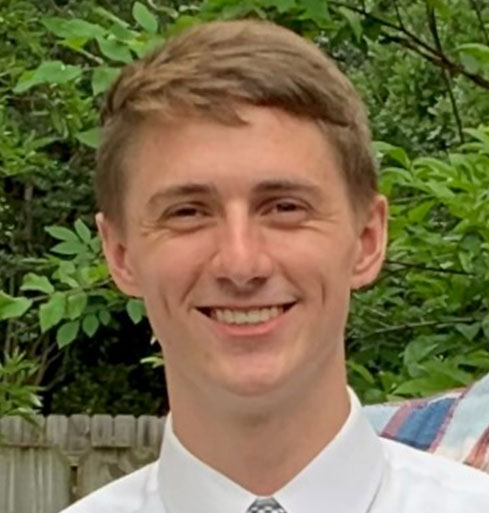
Ross Benjamin Alexander
Ross is a second-year graduate student at Stanford University pursuing a Ph.D. in Aeronautics & Astronautics (M.S. 2021; Ph.D. 2024) and is also the recipient of a Stanford Graduate Fellowship (SGF) in Science & Engineering. As a researcher in the Stanford Intelligent Systems Lab (SISL), Ross works on developing principled methods for algorithmic decision making under uncertainty utilizing approaches involving machine learning and artificial intelligence. Ross’s research has led to collaborations across the globe on topics spanning multidisciplinary design optimization, autonomous driving, and COVID-19. Ross continues to build his teaching career as a course assistant for graduate-level computer science courses and as an Artificial Intelligence course instructor for the Stanford Pre-Collegiate Studies Institute.
Ross earned his Bachelor of Science in Aerospace Engineering from Texas A&M University in 2019. In his four years at Texas A&M, Ross developed a strong technical background through his work in trajectory modeling & simulation and propulsion system design on the Texas A&M University Sounding Rocketry Team and also through three internships at aerospace research & development (R&D) companies.










